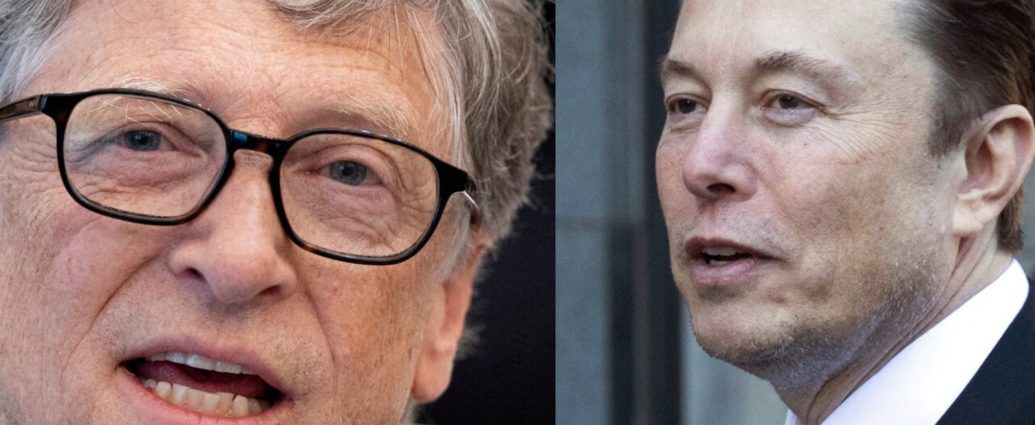Microsoft co-founder Bill Gates has made it clear he will not join the ‘billionaire space race’ as he feels funding vaccines is more important than colonising Mars; the comment has been seen as a dig at Twitter boss Elon Musk and his ambitions. In an interview to British broadcaster BBC, Gates said he doesn’t think Musk is a ‘great philanthropist’ but admitted he could become one owing to his ‘ingenuity’. “At the end of the day – other than going to Mars a few times, which might cost a little bit – I don’t think he’ll want to spend it on himself.”
The billionaire was answering a question by journalist Amol Rajan on whether Musk would be encouraged to join the ‘mega-philanthropist’ clique of Gates, investment guru Warren Buffet and Amazon founder Jeff Bezos, who have each pledged a major chunk of their wealth to charitable foundations.
Taking a jab at Musk’s Mars mission, Gates said that instead of spending on an extraterrestrial human colony, the vaccine for measles can be bought and “save lives for $1,000 per life saved”. Calling a trip to Mars “quite expensive” he bluntly advised, “don’t go to Mars”.
Gates also lauded the positive impact of Tesla even without it being directly connected to philanthropy. He also commented on the potential of artificial intelligence to “dramatically” change humanity.
The Bill & Melinda Gates Foundation, the nonprofit founded by Gates and ex-wife Melinda French-Gates, has pumped in billions to eradicate polio and in research and development of vaccines for poor nations.
Musk has previously shared his ambition of a multi-planetary civilization and putting people on the red planet by 2025 through crewed missions via his company SpaceX. Bezos, also in the race to space, had launched the first crewed flight of his company Blue Origin’s rocket ship – New Shepard – in 2021.
Musk and Gates have not been on the best of terms with each other. In 2022, Musk declined Gates’ collaboration proposal to tackle the climate crisis after a leaked text showed the former accusing the latter of short-selling Tesla.
On Friday, a US jury cleared Musk of fraud and said he and his company didn’t deceive investors with his 2018 tweets about securing funding to make Tesla a private company.
